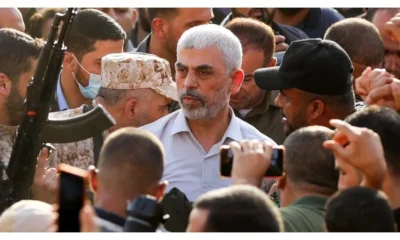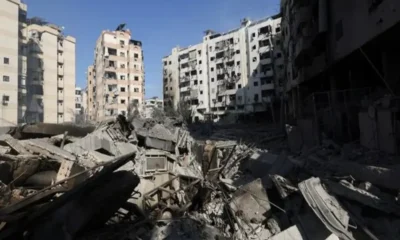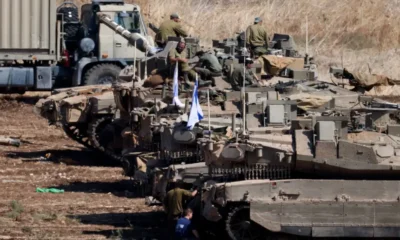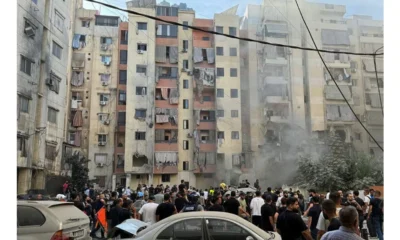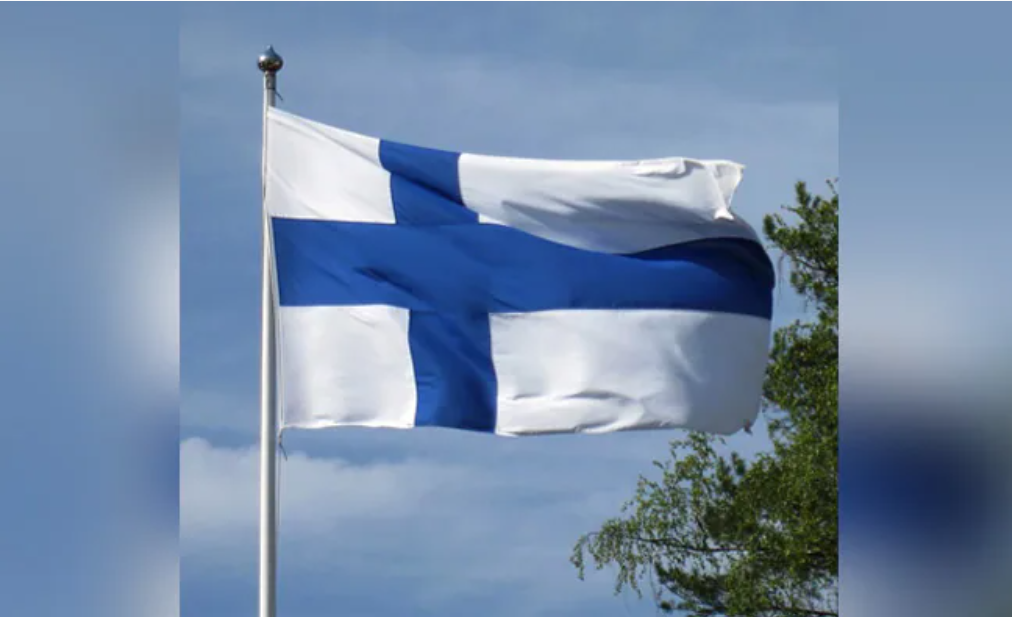Hassan Nasrallah asks supporters to tear plots with high election turnout
In one of the major revelation Lebanese resistance group Hezbollah’s chief Hassan Nasrallah has claimed that US under President George W Bush offered his group reconciliation and money on the condition the relinquishing its resistance against Israel.
The group is considered to be a terrorist organization by the governments of the US, Israel, Canada, the Arab League, the GCC, along with its military wing by the United Kingdom, Australia and the EU.
According to Hezbollah’s official media network Almanar, while addressing the nation live on television on Sunday, Nasrallah revealed that following 9/11 attacks in 2001, former Vice President Dick Cheney had delegated a US-Lebanese journalist George Nader who had Hezbollah anything at that time in return for ceding resistance.
“We were offered money and to be part of the authority in Lebanon on condition that we cede resistance. My fault at that time is that I didn’t accept to take his paper, so that it would be a proof now,” he said.
He further said that following the withdrawal of Syrian forces from Lebanon in 2005, the US offer for Hezbollah was repeated, noting that some European states also presented such offers.
Referring to Israel-Lebanon war in 2006, Nasrallah noted that conspiracy at that time was aimed at creating conflict between the resistance (Hezbollah) and the Lebanese army. He pointed out that the order by former Prime Minister Fouad Siniora to the national army to seize arms truck belonging to the resistance-was part of the conspiracy.
Hassan Nasrallah’s speech was basically aimed to call on Lebanese people for high turnout in the upcoming parliamentary elections saying that Hezbollah should be fortified at the Lebanese parliament. He stressed that “in order to foil such conspiracies” political fortification of resistance is required.
The Lebanese resistance leader said that US, the Zionist entity (Israel) and some Gulf states have been betting once again on such plot stressing that Lebanese army is the guarantee of the resistance.
Fine tuning his appeal, Nasrallah said, “Factions who believe in resistance must be represented at the parliament in order to cut off hands of all those who want to eliminate the resistance,”
General elections in Lebanon were supposed to be held in 2013. However, due to failure of Parliament in electing a new President, two thirds of the body extended its own term until 2017 and then 2018.
Election scheduled has not been announced yet. However it is expected to be undertaken later this year.
In the present 128 member parliament, Prime Minister Saad Hariri’s Future Movement occupy 26 seats, Gebran Bassil led Free Patriotic Movement hold 19 seats and Nabin Berri led Amal Movement has got 13 seats. Hezbollah of Hassan Nasrallah is the fourth party in the parliament with 12 seat while Samir Geagea led Lebanese Forces and Walid Jumblatt led Progressive Socialist Party have 8 and 7 seats respectively. All these groups are part of the coalition government, while remaining dozens of the groups are in opposition.


